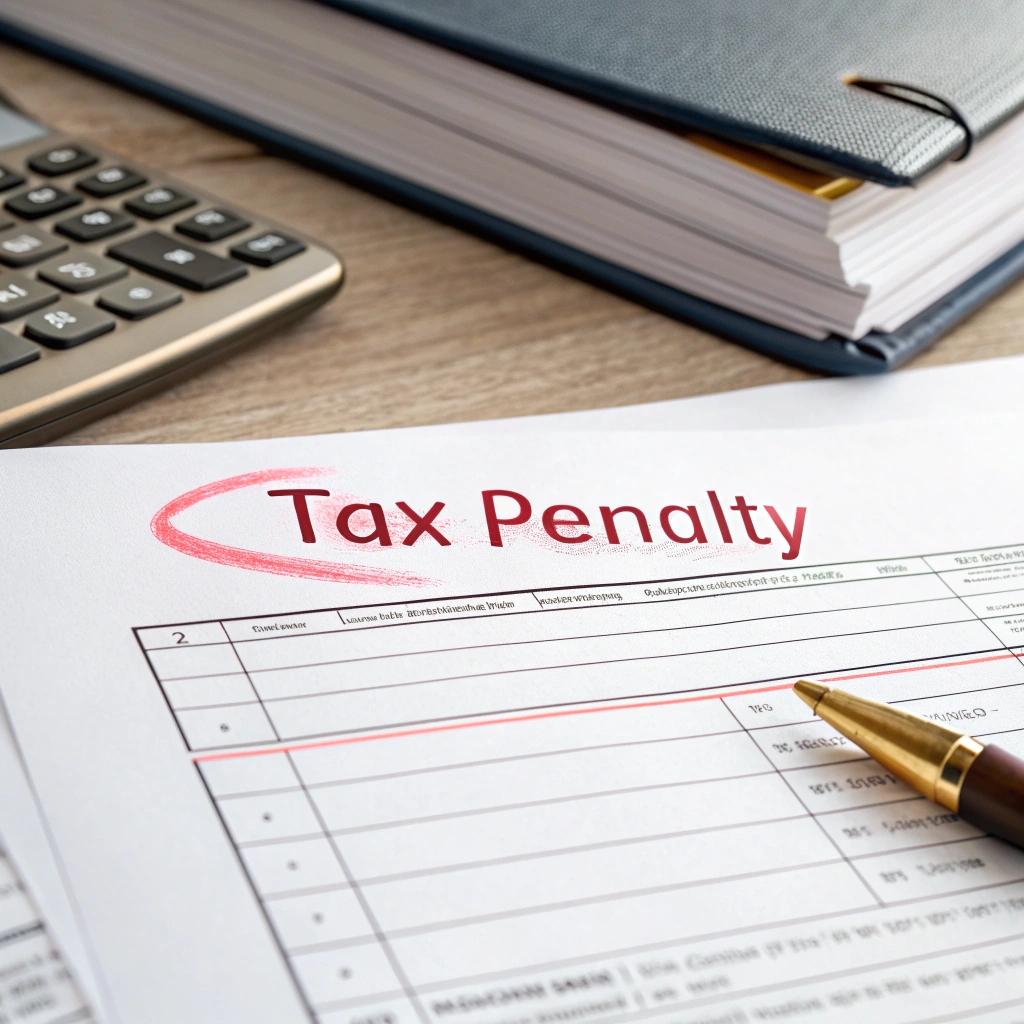
What If You Forget to Report Cryptocurrency on Your Taxes?
12 May, 2025 | Tax Compliance Tax Issues
What if I Didn’t Report Cryptocurrency on My Taxes? Not reporting your cryptocurrency gains or losses will impact you in the same way that not reporting gains or losses from stocks affects you. In other words, if you have losses, you miss out on tax benefits, and if you have gains, you will incur penalties or other consequences due to failure to report income. As of 2025, around one in five US adults is... CONTINUE READING










